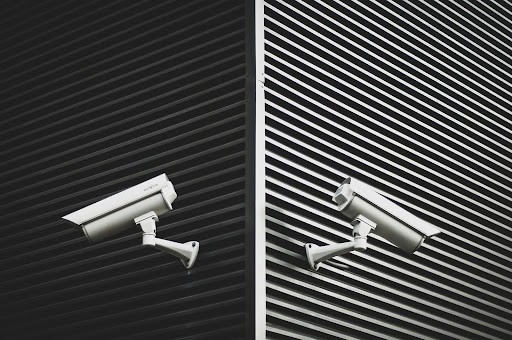 As a business owner, you have a lot of responsibility when it comes to keeping your employees, customers, and property safe. One of the most important aspects of this is ensuring that your security measures are up to par.
As a business owner, you have a lot of responsibility when it comes to keeping your employees, customers, and property safe. One of the most important aspects of this is ensuring that your security measures are up to par.
There are a lot of different factors to consider when choosing the right security measures for your business.
Table of Contents
Here Are A Few Of The Most Important Things To Keep In Mind:
1. The type of business you have
The first thing you need to consider is the type of business you have. This will determine what kinds of security risks you’re facing and what sorts of measures you should take.
For example, if you run a retail store, you’ll need to worry about things like shoplifting and employee theft. You’ll want to take measures to deter and detect these kinds of crimes.
On the other hand, if you have an office-based business, your main concerns will be things like break-ins and data breaches. You’ll need to implement security measures that will protect your premises and your information.
2. The value of what you’re protecting
Another important factor to consider is the value of what you’re trying to protect. This includes both the monetary value and the sentimental value of your assets.
For example, losing even a few thousand dollars worth of inventory could be devastating if you’re a small business owner. On the other hand, losing millions of dollars worth of data could be catastrophic if you’re a large corporation.
You need to make sure that your security measures are commensurate with the value of what you’re protecting. Otherwise, you could end up being the victim of a costly crime.
3. The level of risk you’re willing to accept
Another thing to consider is the level of risk you’re willing to accept. This will determine how much money you’re willing to spend on security and what measures you want to take.
For example, if you have a low tolerance for risk, you might be willing to install expensive security systems and hire armed guards. On the other hand, if you have a high tolerance for risk, you might be content with just a few basic security measures.
You need to find a balance that you’re comfortable with. You don’t want to spend so much on security that it becomes a financial burden, but you also don’t want to take too many risks. It’s better to consider more consistent approaches to security, such as using encrypted communication software for your team to collaborate as opposed to unsecured mainstream apps. A decision like this could potentially help you avoid human error or a security breach.
4. The likelihood of a security breach
Another important factor to consider is the likelihood of a security breach. This will help you determine how much effort you should put into your security measures.
For example, if you have a business that deals with sensitive information, you’ll need to take extra precautions to protect that data. On the other hand, if you have a company that doesn’t deal with sensitive information, you might be able to get by with less robust security measures.
You need to assess the risks your business faces and implement appropriate measures for those risks.
5. The costs of security measures
Finally, you need to consider the costs of the security measures you’re considering. This includes both the upfront costs and the ongoing costs.
For example, installing a security system can be expensive, but it might save you money in the long run if it prevents a break-in. Hiring security guards who are trained with an ar9 lower can also be costly, but it might be worth it if it deters crime.
You need to weigh the costs and benefits of each security measure to determine what’s right for your business.
In Closing
Choosing the right security measures for your business is important. You need to take into account the type of business you have, the value of what you’re protecting, the level of risk you’re willing to accept, and the costs of the security measures. Doing so can ensure that your business is as safe as possible.